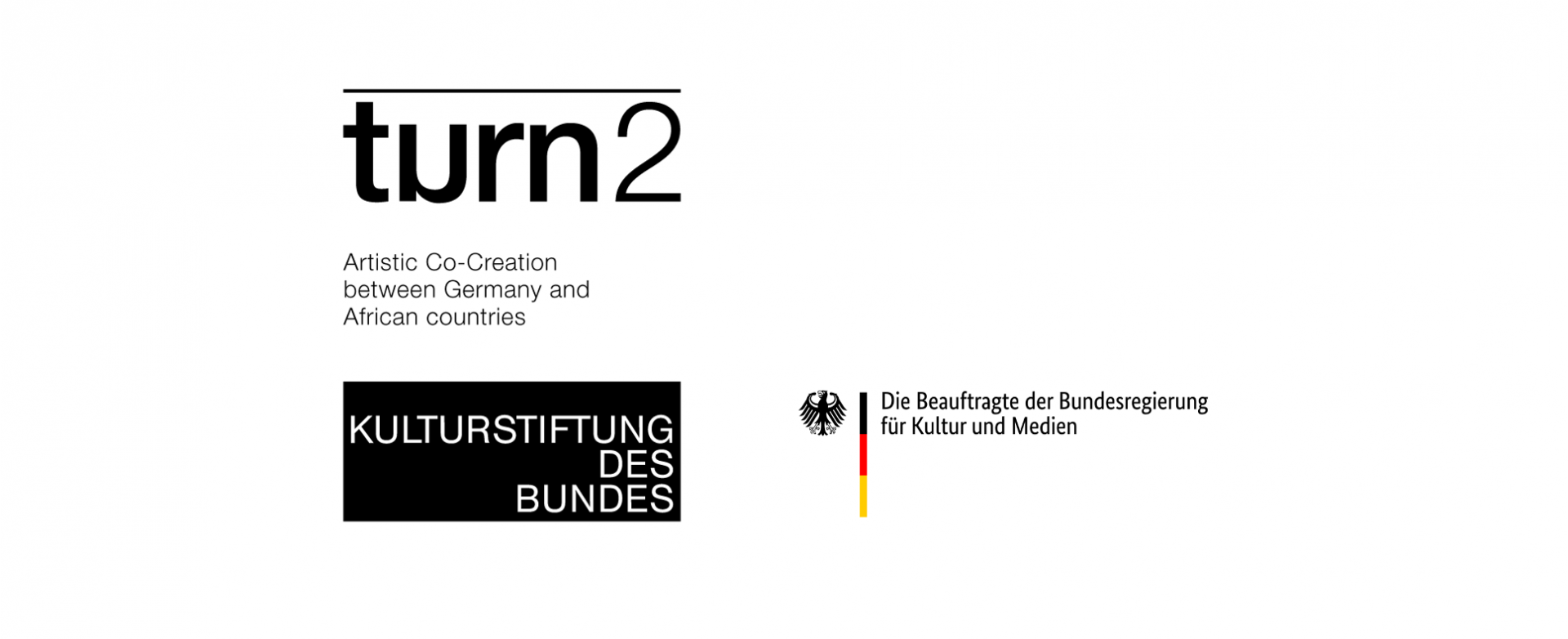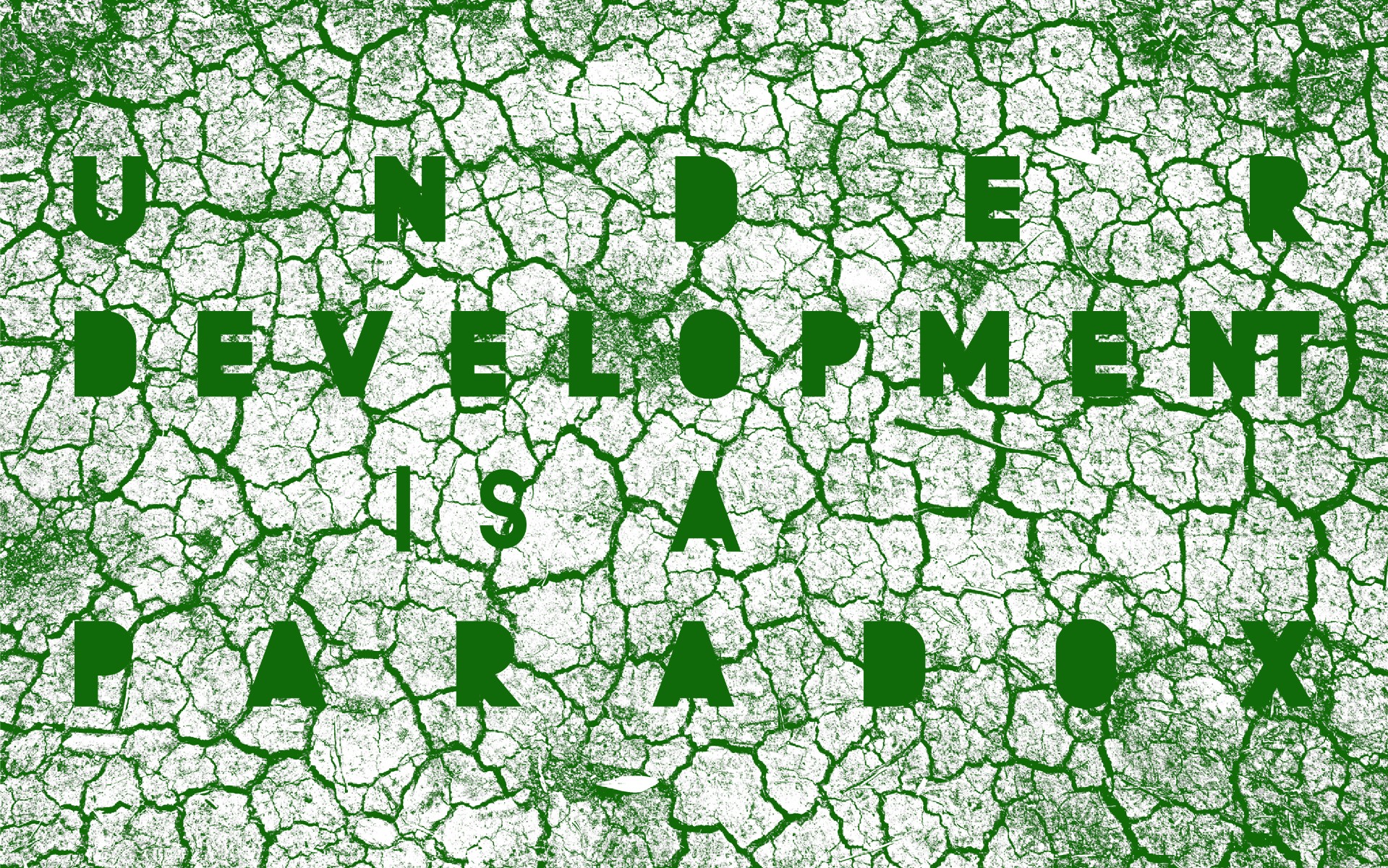The development myth

Audio Archive Launch 03.09.2022 12:00
At McMillan Memorial Library, Eastlands Library in Makadara, Nairobi, Kenya
Hosted by African Digital Heritage
WITH Maureen Kasuka, Bryan Ngartia, Stoneface Bombaa, Felix Omondi, Karwitha Kirimi, The LAM Sisterhood, Zo Randriamaro, Bengi Akbulut, Jimmy Ogonga
Registration Please RSVP here
We cordially invite you to the launch of the audio archive "The Development Myth", curated by Chao Tayiana Maina, Muthoni Mwangi and Mumbi Kanyogo. This archive project is one of the chapters of our international project UNRAVELING THE (UNDER-)DEVELOPMENT COMPLEX which celebrates Walter Rodney’s How Europe Underdeveloped Africa fifty years after its publication, while asking the question: How can we imagine a Post-(under)development World?
This Saturday, we are looking forward to launching the audio archive in Nairobi with a listening party, performances and multiple opportunities to collectively reflect on the effects of underdevelopment on Kenyan life and exchange ideas on what it means to develop alternative models that are more people-centered.
This archive is rooted in discourse by African scholars from Africa and the diaspora who aim to show that contrary to popular belief, modernization and colonialism did not boost economic development in Africa but rather interrupted it. They highlight the specific complexities and knowledge systems of pre-colonial Africa that point to the fact that underdevelopment is indeed a myth, or rather, a lasting symptom of an exploitative global economic system.
Let me round this up with a nice little coda. ‘Africa is people’ has another dimension. Africa believes in people. If the philosophical dictum of Descartes 'I think therefore I am' represents a European individualistic ideal, the Bantu declaration ‘Umuntu ngumuntu ngabantu’ represents an African communal aspiration: ‘A human is human because of other humans.’. Our humanity is contingent on the humanity of our fellows. No person or group can be human alone.
The above quote is the underlying principle to the development of our body of work. Through focusing on communal living and solidarity, we place our customs and traditions as our center. This allows us to clearly identify the ways in which imperialist exploitation has led to underdevelopment in Sub-Saharan Africa. However, that’s not the whole story, communalism has endured in practice and in theory. Looking at the work of Claude Ake and David Osabu-Kle we see how African thinkers have been writing about and imagining alternate realities rooted in solidarity and communalism. This way we develop a repository of our own tools that are useful in unraveling the underdevelopment complex.
The archive centers indigenous knowledge systems and ways of being and focuses on people-centered development. It answers the following questions: What did development mean for pre-colonial African societies? What values and ideologies can we abstract from their organization, writings and culture? Using our imagination and technology, what can this mean for a post-development Africa?
"The Development Myth" consists of four podcast episodes developed by four different script writers who each critique development using different lenses and styles and in some cases they think beyond development towards alternatives. The four episodes are:
- "Underdevelopment: Myth and Reality" written by Maureen Kasuku
- "Land Labor and Liberation" written by Felix Omondi and Stoneface Bomba
- "Arts, Culture, Education and Folklore" written by Anne Moraa and performed by Laura Ekumbo
- "Community is all we have" written by Karwitha Kirimi.
Teams
African Digital Heritage project team Lisa Muthoni Mwangi, Mumbi Kanyogo, Chao Tayiana Maina
SAVVY TEAM Bonaventure Ndikung and Hajra Haider Karrar
Collaboration This chapter is a collaboration with African Digital Heritage.
Funding Funded by the TURN2 Fund of the Kulturstiftung des Bundes (German Federal Cultural Foundation). Funded by the Beauftragte der Bundesregierung für Kultur und Medien (Federal Government Commissioner for Culture and the Media).


